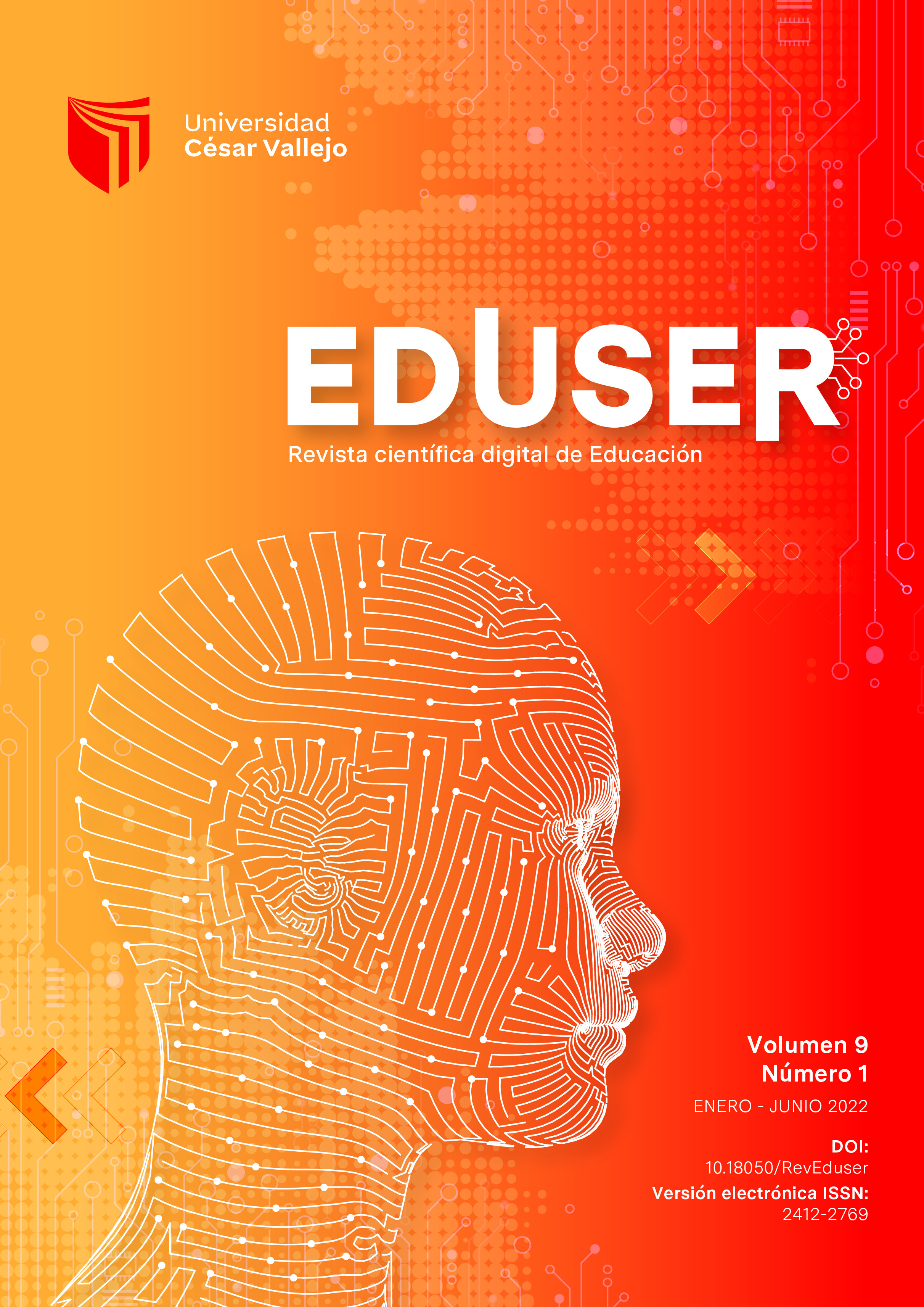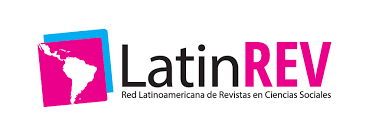Quality of service in a public technological higher institute
DOI:
https://doi.org/10.18050/eduser.v9n1a2Keywords:
Quality of service, institute, research, teaching and learning, corporate imageAbstract
Public higher technological institutes (ITS) are of great importance in the training of technicians that companies demand, however, the State has been making an effort to raise quality standards in education, of course this situation basically generates discontent among teachers, because they have to adapt to a new way of teaching and apply technology in the teaching of their subjects, while the students have an opposite opinion. In this sense, the research was carried out by obtaining 109 data as a sample, in the same way after the bibliographic review it was concluded that there was no instrument applicable to this type of organizations, which is why a questionnaire was constructed, it was submitted to the KMO test, peer evaluation and reliability, for later application. The results showed that the institute effectively has old infrastructure, a lack of equipment and technology, there is no dissemination of technical careers in the demanding market, there is a lack of attention from teachers in the teaching-learning and tutoring processes, on the other hand, research is not carried out due to lack of resources, finally the institutional image is good for both society and companies.
References
Albrecht, K., & Zemke, R. (1991). Gerencia del Servicio. Legis Editores SA.
Aldana, L., Alvares, M., Bernal, C., Diaz, M., Galindo, O., Gonzales, C., & Villegas, A. (2010). Administración por Calidad. Alfaomega.
Cantú, H. (2006). Desarrollo de una Cultura de Calidad. Mc Graw Hill.
Chiavenato, I. (2009). Comportamiento Organizacional. Mc Graw Hill - Segunda Edición.
Cronin, J., & Taylor, S. (1992). Measuring Service Quality. A Reexamination and Extension. Journal of Marketing, 56, 55-67. https://doi.org/10.2307/1252296
Duque, E., & Chaparro, C. (2012). Medición de la percepción de la calidad del servicio de educación por parte de los estudiantes de la UPTC Duitama. Criterio Libre, 10 (16), 159-192. https://dialnet.unirioja.es/servlet/articulo?codigo=3966855
Grönroos, C. (1994). Marketing y Gestión de Servicios. Diaz Santos. https://dialnet.unirioja.es/servlet/libro?codigo=149674
Johonson, R., Tsiros, M., & Lancioni, R. (1995). Measuring Service Quality: A System Approach. Journal of Services Marketing, 9 (5), pp. 6-19. https://doi.org/10.1108/08876049510100272
Lago, D., Gamoba, A., & Montes, A. (2014). Calidad de la educación superior: un análisis de sus principales determinantes. Saber, ciencia y Libertad, 157-169. https://revistas.unilibre.edu.co/index.php/saber/article/view/2006
Lehtinen, J., & Lehtinen, O. (1982). Service quality: a study of quality dimensions. Helsinki: Service Management Institute, 439-460. https://www.scirp.org/(S(czeh2tfqw2orz553k1w0r45))/reference/referencespapers.aspx?referenceid=1040685
Morais, M., Santos da Silva, E., Rizatto, D., & Melleiro, M. (2013). The use of the quality model of Parasuraman, Zeithaml and Berry in health services. Reflection. Rev. Esc. Enfer. USP, 1227-1232. https://doi.otg/10.1590/S0080-623420130000500030
Parasuraman, A., Zeithaml, V., & Berry, L. (1993). Calidad Total en la Gestión de Servicios. Diaz de Santos.
Torres, M., & Vásquez, C. (2015). Modelos de evaluación de la calidad del servicio: caracterización y análisis. Compendium, 57-76. https://revistas.uclave.org/index.php/compendium/article/view/64
UNESCO. (2009). Conferencia Mundial sobre la Educación Superior - 2009: La nueva dinámica de la educación superior y la investigación para el cambio social y el desarrollo. UNESCO.
Vargas, M., & Aldana, L. (2011). Calidad y Servicio. La Sabana.
Additional Files
Published
How to Cite
Issue
Section
License
Copyright (c) 2024 Grimaldina Mundaca Constantino

This work is licensed under a Creative Commons Attribution 4.0 International License.













